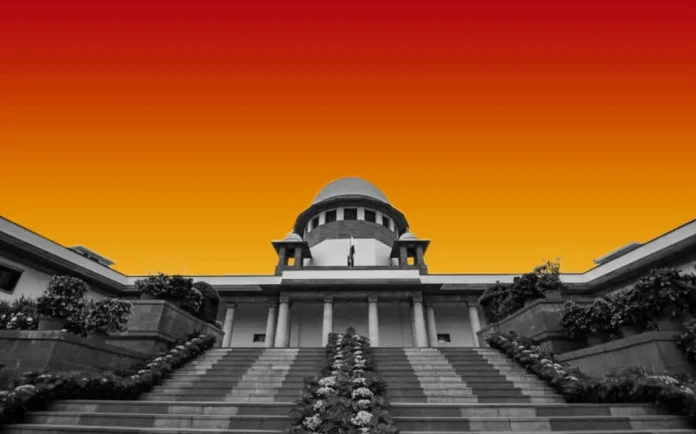The Supreme Court on Monday refused to allow any new application in the case related to the constitutional validity of the Places of Worship (Special Provisions) Act, 1991.
The Bench of Chief Justice of India (CJI) Sanjiv Khanna and Justice PV Sanjay Kumar expressed its strong displeasure against the number of intervention applications filed in the case, stating that there should be a limit to such petitions.
Various political parties, including the Congress, CPI(ML), Jamiat Ulama-I-Hind and the All India Majlis-e-Ittehad-ul-Muslimeen (AIMIM) have filed intervention applications in the case, defending the constitutional validity of the Act and opposing the petitions challenging the law.
Senior Advocate Dushyant Dave sided with the Apex Court and said that no further intervention should be allowed.
The Bench recorded in its order that it would not allow any fresh intervention application in the case, unless the same raised fresh grounds.
It further dismissed the petitions challenging the validity of the Act, in which no notice had been issued by the Court. Such petitioners could file applications in existing petitions provided the same raised additional grounds, which were not yet raised in the matter, it added.
Senior Advocate Vikas Singh and Advocate Nizam Pasha pointed out that the Central government was yet to file its response.
While observing that it was a three-judge Bench matter, the Apex Court directed the case to be listed before a three-judge Bench in April.
The Places of Worship Act seeks to protect the status of all religious structures as it stood on the date of independence (August 15, 1947) by barring courts from entertaining cases that raised disputes over the character of such places of worship.
Introduced during the height of the Ram Janmabhoomi movement, the Act sought to protect the status of all religious structures as it stood on the date of independence by barring courts from entertaining cases raising disputes over the character of such places of worship.
The law further provided that such cases already pending in courts would stand abated.
However, it carved an exception for the Ram-Janmabhoomi site, which was the basis for courts, including the High Court and the Supreme Court hearing that matter.
In its 2019 order, the Apex Court awarded the disputed site at Ayodhya to child deity Ram Lalla by by invoking the Act. The top court of the country, however, reaffirmed in the judgment that similar cases could not be entertained, with respect to other sites, in view of the Act.


